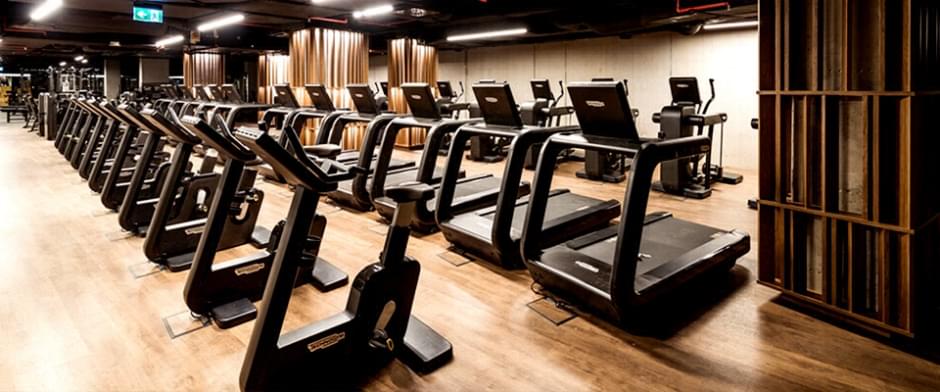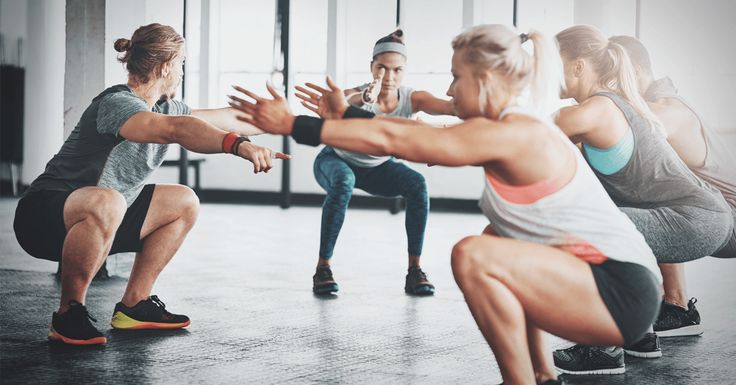
The pay for a personal training professional will vary depending on their area of expertise, but there are some key factors that may affect the compensation. This article will examine the average hourly pay and annual salary for Chicago's personal trainers. We'll also discuss what you can expect from a career as a personal trainer and how to prepare for an interview. Surprised at the differences in your salary and the average wage in your city?
The average hourly rate of a Chicago personal trainer
The hourly average rate for a Chicago personal trainer is $24. This number is indicative but may not reflect the actual rates you are paying in your particular area. Payscales for personal trainers are dependent on experience, employer, and geographic location. Based on data gathered from personal coaches in the area, the salary shown below has been calculated. You can find additional information in our Chicago trainers salary guide. We also provide salary data for all major cities.

When determining an hourly rate of a personal trainer in Chicago, it is important to consider the time required to deliver service. Personal trainers' non-client hours include travel time, marketing, communications, and administrative time. These time are not included in the hourly rate. If you're just starting out, you'll struggle to find hours to fill your schedule. After you get more experience, you can charge anywhere from $30 to $50 per hour.
Factors that influence the pay for a personal trainee
How much do personal trainers make? Some earn $17-$25 an hour training paid clients while others make only $9-10 an hour. Different factors affect the pay of a Chicago personal trainer. When you start your business, it is not likely that you will have a steady flow of clients or positive cashflow immediately. Start with what you can do. Your capacity to train clients may be 20 hours a week. You can view the revenue you have generated after a year.
Personal trainers are in great demand in major cities, such as New York City, LA, Chicago, LA, and New York. Personal trainers do not have fixed salaries. It can vary widely from one location to the other. Personal trainers often work as independent contractors, or have their own businesses. Therefore, their take-home income will depend on how available they are. There are many ways to receive compensation for working part-time or full-time.
Average annual salary for Chicago personal trainers
The average salary for personal trainers in Chicago is $47K. There are opportunities to make more than $91K each year. Personal training often involves the creation of exercise programs and counseling clients on diets and nutrition. It also includes educating clients on the importance of exercise and its benefits. Chicago salaries are between $46,000 and 104,000. However, salaries can vary depending upon where you work.

A Chicago personal trainer's salary can vary depending on the company where he/she works. Private trainers, for example, may earn as little as $15 per hour or as little as $50 per hour, depending on the specific industry. This would be $30-50 per hour if the trainer worked 40 hours per week. Trainers can charge clients up to $300 per month for unlimited training sessions. These packages can be cheaper than traditional gym memberships.
FAQ
Do I need to eat before working out?
No. It doesn't matter what you eat before going to the gym. You might be hungry after a workout, so you may want to snack on fruit or yogurt.
What is the importance and benefits of good nutrition for your health?
For our well-being and health, nutrition is essential. A healthy diet should include fruits, vegetables and whole grains as well as lean proteins, dairy products, and legumes. A healthy diet will help you stay active and fit, which in turn leads to better overall health.
Do I need to drink alcohol while working out?
Drinking alcohol is high in calories so it's best to not consume too much while working out. A moderate amount of alcohol, one drink per day, may be beneficial for endurance during exercise. It can also help reduce fatigue and muscle pains caused by intense exercise.
What effects does caffeine have on my sleep patterns?
Caffeine can affect how quickly you fall asleep, and how well you sleep. Caffeine induces drowsiness which makes it easier to fall asleep. Caffeine keeps you awake for longer periods of time, making it difficult to fall asleep again. If you drink coffee or energy drinks right before bedtime, try drinking them later in the evening instead.
Do I need a warm-up before I go?
Warming up before an activity reduces muscle soreness and improves performance. There are several ways to warm up. These include running, jumping ropes stretching, running and even cycling. Start slowly and gradually increase your pace and intensity.
What happens if I don’t get enough sleep?
If you don't get enough sleep, your brain doesn't receive the signals needed to regulate hormones and chemicals in regulating appetite and metabolism. This can lead to weight gain and excess eating. Overeating can also be caused by a lack of sleep.
Statistics
- Adolescent girls were less active than adolescent boys, with 85% vs. 78% not meeting WHO recommendations of at least 60 minutes of moderate to vigorous intensity physical activity per day. (who.int)
- In 2018, the World Health Assembly agreed on a global target to reduce physical inactivity by 15% by 2030 and align with the Sustainable Development Goals. (who.int)
- Globally, 81% of adolescents aged 11-17 years were insufficiently physically active in 2016. (who.int)
- According to the Centers for Disease Control and Prevention, chronic diseases cause 7 out of 10 deaths in the U.S., and treating chronic diseases accounts for 86% of U.S. healthcare costs. (mana.md)
External Links
How To
How To Burn Belly Fats Faster
When trying to lose weight, belly fat is often viewed as a problem. It's actually a good thing, in fact. Your organs will be protected by the amount of belly fat. Let's learn how to quickly burn belly fat.
The two main factors that make us store body fat are stress and lack of exercise. Stress makes us feel hungry constantly because it stimulates the production of the cortisol hormone. Cortisol increases insulin levels in our blood. The insulin stores the excess calories as fat. Lack of sleep causes the release of adrenaline into our system, leading to increased appetite. These extra calories can also be reduced by exercise
There are many methods to lose belly fat. You can choose to try any of these options, depending on your budget. Here are some quick tips to get rid of belly weight.
-
Reduce your food intake. Don't eat three large meals at once. You'll eat fewer calories this way.
-
Drink plenty of water. Water helps flush out toxins from the body and keeps you hydrated. Water before each meal can help you feel fuller longer and reduce your appetite so that you don't overeat.
-
Avoid unhealthy snacks. If you're looking for quick fixes, snack foods like chips, cookies, candies, etc. might seem tempting. These sugary treats have lots of empty calories so avoid them. Instead, choose healthy alternatives like fruits, veggies, nuts, seeds, and whole grains.
-
Do strength training exercises at least three times per week. Strength training builds muscle mass and burns more calories when you're not working out. Strength training strengthens bones, muscles and ligaments. It can also improve the heart, lungs, joints, and other body systems.
-
Walking or stretching is a good habit to do regularly. Stretching can improve flexibility, mobility, and reduce back pain. Walking is great for burning calories, especially brisk walking for 30 minutes.
-
Reduce alcohol intake. Reduce alcohol intake. Alcohol is a waste of calories and has no nutritional value.
-
Slowly lose weight. The first step towards losing weight is to identify what your current weight is. Add 5%-10% of your total bodyweight to calculate your ideal size. Once you have determined your ideal weight, you can start to reduce your calorie intake by 500-1000 calories per day until you reach it.
-
Avoid processed food. These foods contain high levels of sugar, salt, and preservatives. Although they are convenient, processed foods don't have enough nutrients to sustain your health.
-
Don't skip breakfast! Consuming breakfast increases concentration, memory and energy levels. Breakfast should contain protein (like eggs), fibre (like oats), as well as complex carbohydrates (like oatmeal).
-
Have regular bowel movements. Gas and bloating can result from irregular bowel movements. To prevent this, drink plenty of water and increase fiber intake.